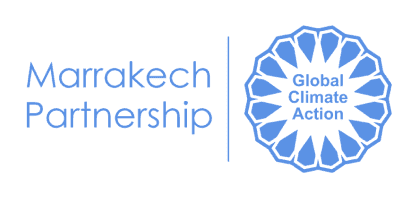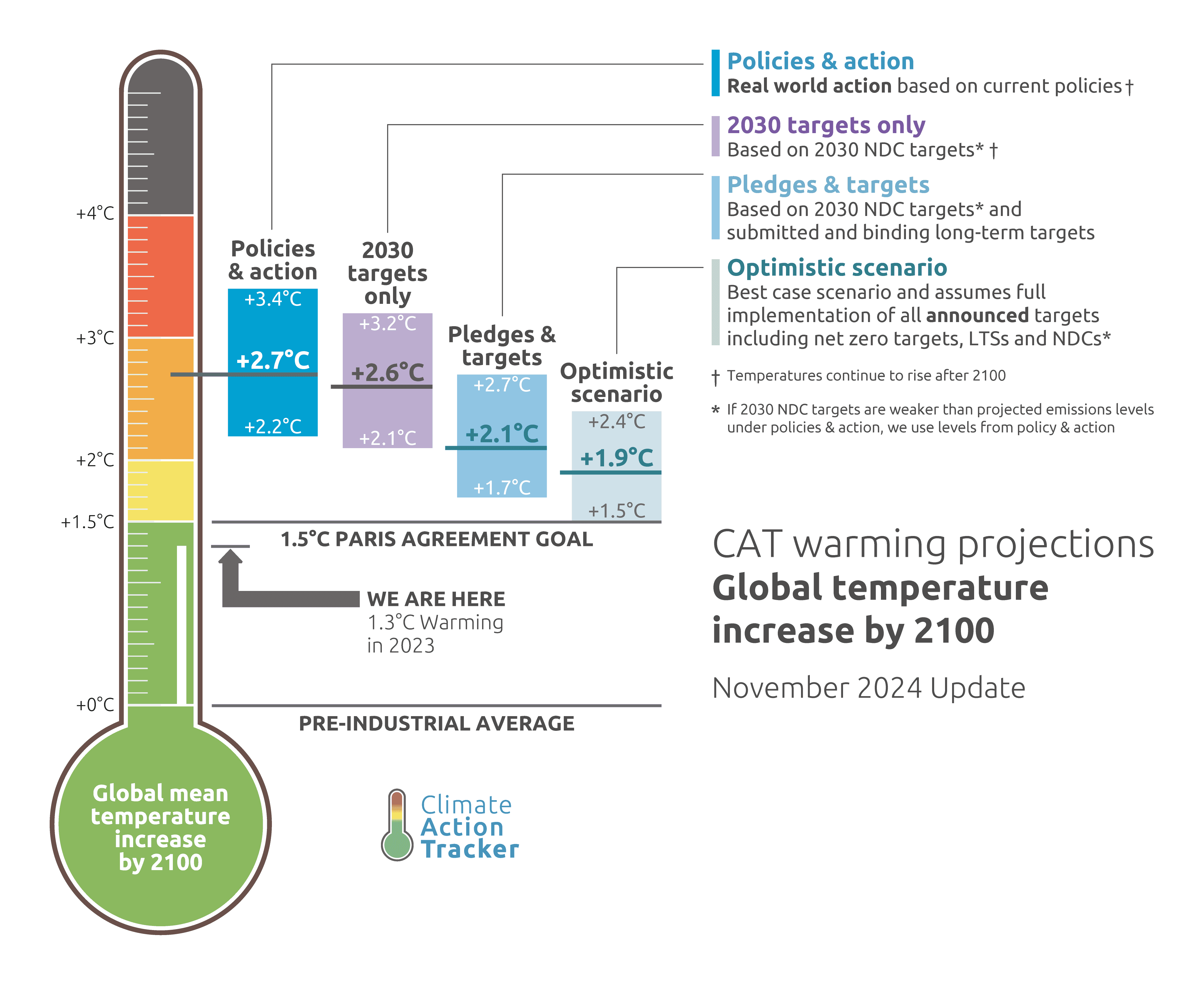
Global Policy and Collaboration
Overview
Have you heard about the Paris Climate Agreement?
What about the international climate 'COP' sessions that make headlines from time to time?
In this section you will learn about the global climate policies and processes designed to boost international cooperation in tackling the climate and nature crises. These instruments have a profound impact on business. Your organisation's resilience and long-term viability depend on understanding and effectively engaging with climate and nature policies. The actions you take today will shape your organisation’s success amidst the ever-evolving climate policy landscape.
What you need to know
Integrating climate and nature-related policies and processes into your organisation’s strategies is vital for long-term resilience and success.
Here are the main instruments that underpin global climate and nature policy:

The United Nations Framework Convention on Climate Change (UNFCCC)
The United Nations Framework Convention on Climate Change, or UNFCCC, is an international treaty that lays the foundation for worldwide cooperation on climate change.

The Convention on Biological Diversity (CBD)
The Convention on Biological Diversity, or CBD, is an international treaty that promotes collaboration on all aspects of biological diversity.

The Paris Agreement
The Paris Agreement is an international binding treaty under the UNFCCC. Its goal is to limit global warming to well below 2°C above pre-industrial levels, and to pursue efforts to limit the temperature increase to 1.5°C above pre-industrial levels.

The Kunming-Montreal Global Biodiversity Framework (GBF)
The Global Biodiversity Framework (GBF) is an international treaty under the CBD. It aims to halt and reverse nature loss by 2030.

The Marrakech Partnership
The Marrakech Partnership for Global Climate Action is a collaborative framework that opens the door to a world of extraordinary opportunities.
These frameworks allow for global discussions and collaboration between national governments, business, scientists and other stakeholders to tackle climate change together, and set the agenda for policy changes.
Broader context
The IPCC, the international body for climate science highlighted in section B, reiterates there is a policy ‘emissions gap’ ¹, which shows that the current climate policies of all countries in the world are not sufficient to limit global warming to 1.5°C. Climate Action Tracker (CAT) has developed a useful graphic that highlights the policy gaps in relation to the 1.5°C goal.
Businesses have an important role to play in helping to close this emissions gap. As a board director, you can help to drive this by:
- Encouraging and guiding your organisation to adopt bold climate and nature action
- Ensuring your organisation has credible climate and nature commitments, with robust measurement and disclosure, and a clear climate transition plan in place.
- Ensuring that your organisation’s policy positions, and the industry associations it is part of, contribute to creating a conducive environment for high priority climate and nature policy interventions which will ultimately support your organisation’s net zero transition.

Your organisation may have ambitious climate and nature goals, but if the industry associations you are involved with do not align with global climate and nature ambitions, supporting fossil fuels interests for instance, your GHG reduction goals could be considered as greenwashing.
Initiatives such as InfluenceMap and TransitionArc are mapping the climate targets, capital allocation, governance and policy advocacy of companies in different regions of the world, making it easier to visualise which companies are genuinely delivering climate action in contrast to greenwashing claims.
Now that you have a broader understanding of global policies and climate change projections, here are some ways you can contribute to make a difference.

How to take action
There is a general trend for increasing climate and nature policies and processes in different countries across the world as the urgency for action becomes increasingly understood. Many jurisdictions are implementing or considering both policy incentives and penalties for business to reduce their GHG emissions and take climate and nature action. As a board director, you can play an important role in helping to encourage a stable climate and nature policy landscape globally and locally by participating in relevant consultations, industry and policy working groups and initiatives.
A growing number of ambitious initiatives for corporate climate and nature action highlight the critical role of business action in achieving positive climate and nature outcomes. Here are two examples:

The Race to Zero
The Race to Zero is a UN-backed global campaign mobilising non-state actors - companies, cities, regions, financial and educational institutions - to take immediate and robust action. Its aim is to halve global emissions by 2030 and deliver a healthier, fairer zero-carbon world.

The Race to Resilience
The Race to Resilience is the UN-backed global campaign to catalyse a step-change in global ambition for climate and nature resilience. It puts people and nature at the forefront in pursuit of a resilient world where we don’t just survive climate shocks and stresses, but thrive in spite of them.
Finally, here are some practical questions you can raise in the boardroom to ensure your organisation is appropriately engaging with climate policy development:
- Which climate and nature policies are relevant for our business?
- What climate and nature policy engagement has taken place or is planned by the organisation?
- Is our policy position consistent with a climate transition strategy that is aligned with net-zero by 2050, as per the analysis and guidance of the IPCC?
- Has the organisation assigned responsibility at board level for oversight of climate and nature policy engagement policies and practices?
- Do we disclose our industry association affiliations? Are these associations related to any negative climate or nature lobbying?
Mark section as complete
Join a Chapter
Your regional Chapter can support you with tools and resources to enable effective corporate climate governance in your region.
Join a ChapterResources
1 UN Intergovernmental Panel on Climate Change (2023). Synthesis Report of the Sixth Assessment Report (AR6). Online access: IPCC_AR6_SYR_SPM.pdf
Further reading
- More information on the latest science on emissions in UNEP’s Emissions Gap Report 2024
- More information on initiatives to support your organisation taking climate action: Race to Zero and Race to Resilience.
- Resources on ‘Corporate climate policy engagement: A briefing for board directors’
- Find your organisation’s global positioning on climate policy engagement ranked by InfluenceMap
- Find your organisation’s assessment on corporate transition on TransitionArc
